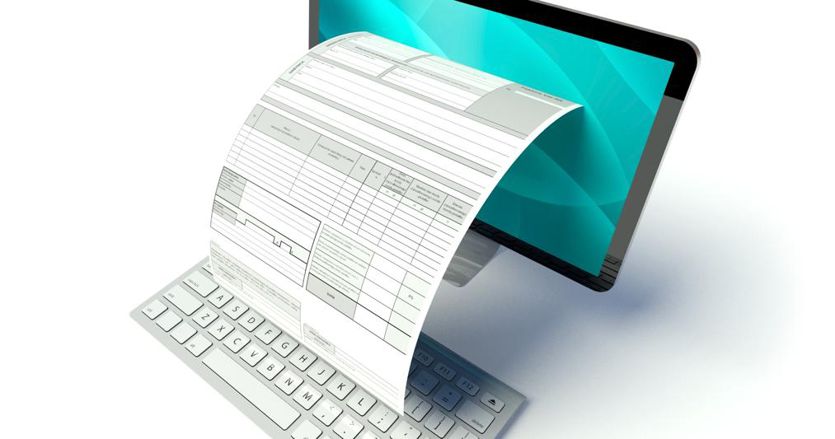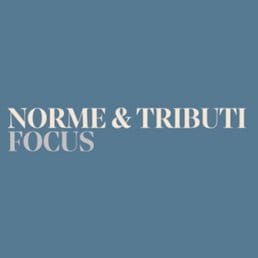The transition of fixed interest rates to electronic invoicing is a key point in the innovations that are expected to come into effect on July 1, on subjects that exceeded €25,000 in revenue or fees last year. mark «Special Telefisco» on Wednesday 15th June Two answers point to concrete implementation of this commitment. What we call «fixed pricesFor this characteristic referring to income tax, it is defined for VAT purposes as “exempt”, because it is not responsible for tax on its active operations, nor can it deduct the VAT charged by suppliers.
lump sum growth
Speaking of numbers, the world of these topics is growing exponentially: in 2021 the statistics for the opening of VAT numbers tell us that the system was chosen by almost 240 thousand new taxpayers, which is equal to 70% of individual registrations. 10% of these subjects, as we have announced to the European Commission for permission to implement this obligation, are already using electronic invoices, an indication that the procedures are indeed adequate to welcome new taxpayers.
The tax regime to be stored in the registry is specified with the code RF19, while non-implementation of VAT – as confirmed by Inland Revenue – qualifies with the code N2.2, which is very generic because it indicates “other cases” of non-subject transactions, other than a lack of territoriality Based on Articles 7 to 7-octies of the VAT Law. Due to the future size of these new commits, some code may have been added, but the system works anyway.
Code N2.2 leads us to the obligation, which is to subject the invoice to a stamp duty of €2 when the consideration exceeds €77.47.
dams escape
With a paper invoice, it was almost impossible to be sure of this tax evasion, as the trademark is applied only to the original, distributed among all customers. With the electronic invoice, as confirmed in the reply, the taxpayer must enter this amount in the file sent to the exchange system. If you don’t, List B invoices for which this obligation has not been respected will be issued so that the taxpayer can make the relevant quarterly payment under the terms. One of the tasks of the system is to make available records of invoices issued and those received, at present only to ordinary taxpayers on a quarterly basis. For fixed prices, there is neither VAT due nor VAT deductible, and therefore there is no real obligation to keep records, rather there is a formal exemption in the law relating to it.

“Infuriatingly humble alcohol fanatic. Unapologetic beer practitioner. Analyst.”




